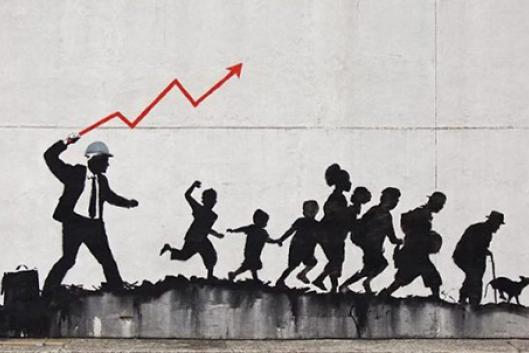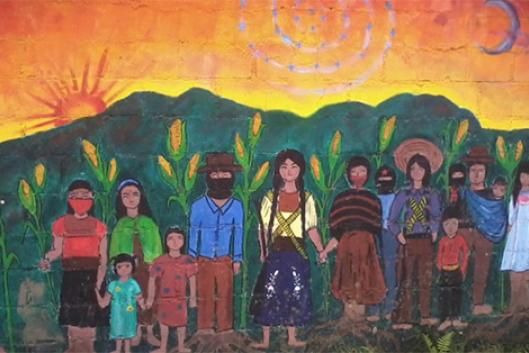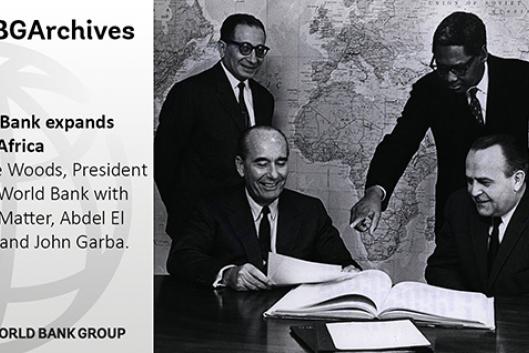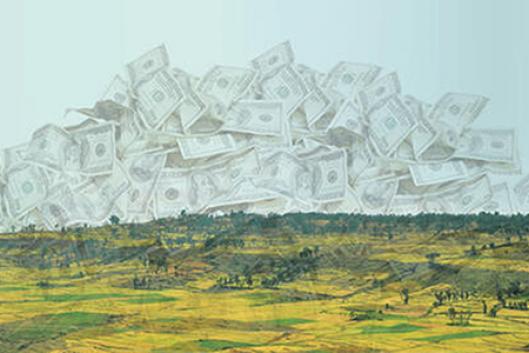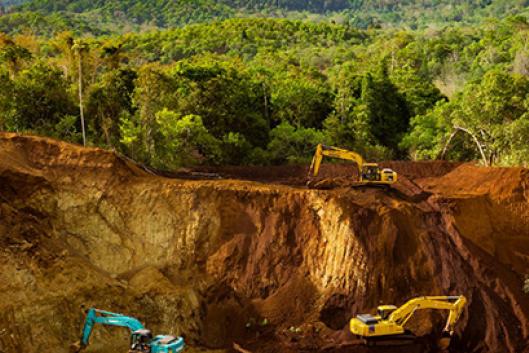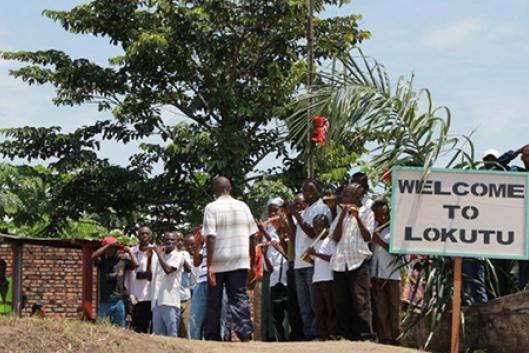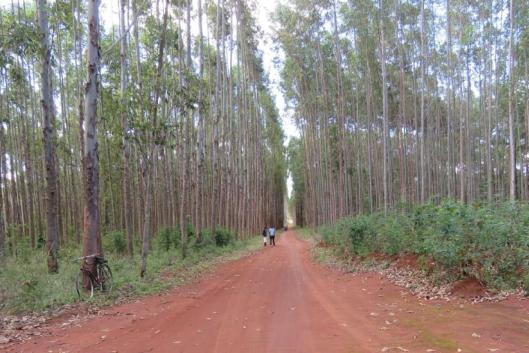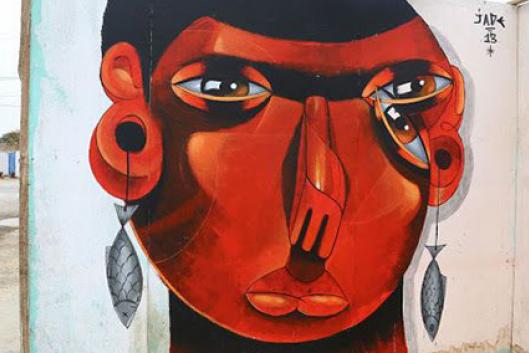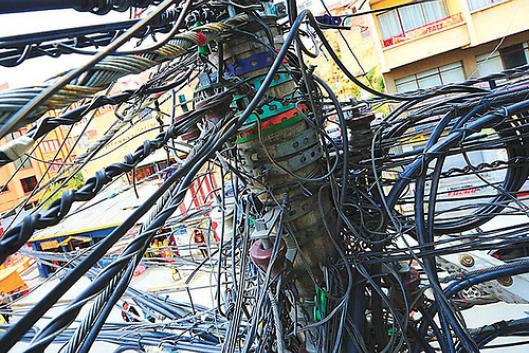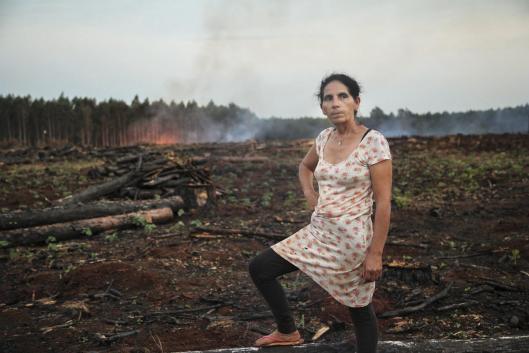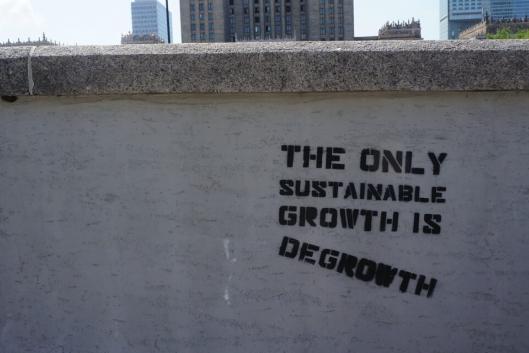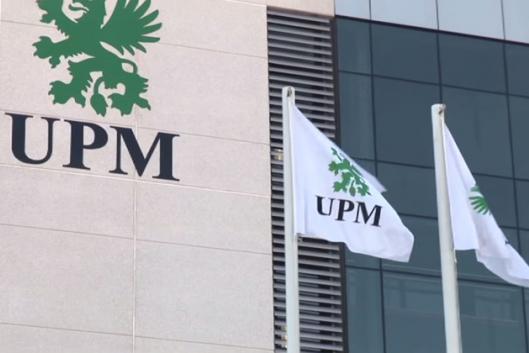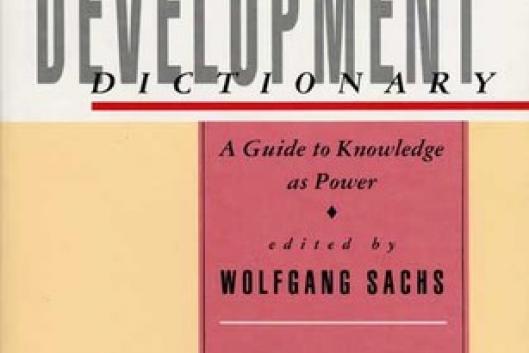This bulletin seeks to warn about the strategies used by those imposing themselves on territories with the development flag. They increasingly work in alliance with financial capital—which they see as a partner, and which they reinforce with public resources.
Development Banks: Financing Dispossession and Exploitation | Boletín 252 - September / October 2020
Development Banks: Financing Dispossession and Exploitation
The articles in this Bulletin are written by the following organizations and individuals: Activists from Brazil, Gabon, India, Mexico and Mozambique; GRAIN; The Oakland Institute, US; RIAO-RDC, Republic Democratic of Congo; the Latin American Network of Women Defenders of Social and Environmental Rights; and members of the WRM international secretariat.
WRM Bulletin
252
September / October 2020
OUR VIEWPOINT
DEVELOPMENT BANKS: FINANCING DISPOSSESSION AND EXPLOITATION
-
17 November 2020WRM spoke with close allies from Brazil, Gabon, India, Mexico and Mozambique, to hear from them and learn about their understandings of development.
-
17 November 2020Why haven't Africa's post-colonial governments dismantled the colonial plantation model of exploitation and extraction, returned the lands to their people and emboldened a resurgence of Africa's diverse, local food and farming systems?
-
17 November 2020The development narrative continues to be revived despite its role in driving the current crisis and the millions of livelihoods it has destroyed through displacement and dispossession.
-
17 November 2020How does REDD+ fit into the development agenda in Indonesia? What are the actors involved in promoting REDD+ and with which interests? (Available in Indonesian).
-
17 November 2020European development banks have financed a plantation company in DRC that is built on injustice and violence dating back to a colonial-era land grab. When the company went bankrupt in 2020, the banks chose to uphold the plantation model.
-
17 November 2020In June 2019, a report from the AfDB and WWF Kenya made a call to development-funding agencies, mainly from Europe, and the World Bank, to provide aid money to a new Fund for financing 100,000 hectares of (new) industrial tree plantations, to support the potential development of 500,000 hectares, in Eastern and Southern Africa.
-
17 November 2020This article is about how so-called ‘development cooperation’ hides, and grants legitimacy to, an agenda of dispossession and capitalist expansion; and how this ‘cooperation’ actually co-opts the political agenda of grassroots movements.
RECOMMENDED
-
17 November 2020Development discourse is intertwined with an array of concepts. It is impossible to talk about development without thinking about other ideas, such as growth or poverty. However development, being a discourse that cross-cuts the vast majority of economic and interventionist policies in territories—which many articles in this bulletin reflect upon,—is also intertwined with other concepts such as racism, rights and alternatives. That is why we bring previous bulletins to your attention, so that they can help unravel some of these concepts. We hope they are useful!
-
17 November 2020A sign-on statement denounces public development banks for financing companies and private projects that heavily impact communities, their food sovereignty and territories. From 9-12 November 2020, 450 finance institutions gathered for the first international meeting of public development banks, dubbed the “Finance in Common” summit, hosted by the French government. These institutions collectively spend $2 trillion a year on so-called development projects – roads, power plants, agribusiness plantations and more - claiming that these corporate projects drive growth and jobs. Much of this spending is financed by people’s labour and taxes, which is why the banks called themselves public.
-
17 November 2020The organization, Independent Producers of Piray, in Argentina, organized to stop the Alto Paraná company and the monoculture of pine trees. The Alto Paraná company was acquired in 1996 by multinational pulp company, Arauco. The peasant women and men resisted and achieved something rarely seen: expropriation of lands from the multinational company. The organization also produces food for food sovereignty.
-
17 November 2020The last bulletin related to the global pandemic from the organization Focus on the Global South encompasses seven articles that pose the question on how and if strategic economic transformations might emerge in this context. Read it in English here.
-
17 November 2020Members of MOVUS (Movement for a Sustainable Uruguay) denounced before the courts that UPM pulp company failed to comply the environmental conditions under which the installation of its new pulp mill in the department of Durazno, Uruguay, was authorized. They request the suspension of the works in progress until these requirements are fully met.
-
17 November 2020This 1992 book, edited by Wolfgang Sachs, compiles more than 15 key concepts that served as a basis for, and a way to expand, destructive discourse about “development.” Each of the concepts analyzed in the book synthesizes a set of assumptions that reinforce the Western world view, wherein certain aspects and subjects of reality are highlighted and others are excluded. This is a necessary reflection that is still current today.
